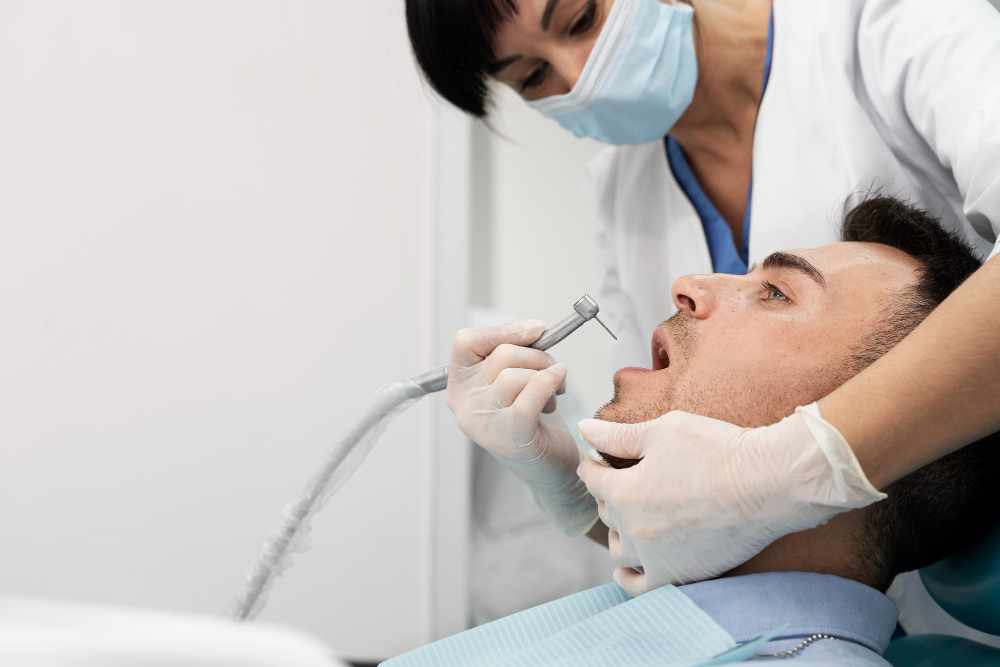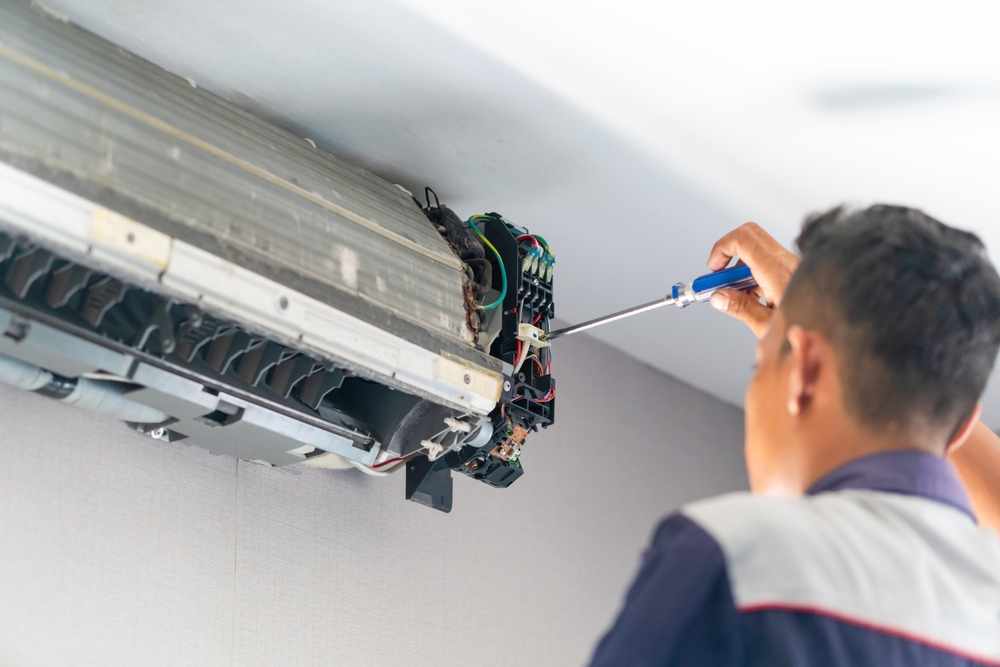
Working in healthcare or around people who may be sick comes with certain risks. One of those risks is being exposed to bloodborne pathogens—germs found in blood that can cause serious diseases. That’s why it’s so important to take a bloodborne pathogens course.
This training can help protect you and the people around you. But who exactly needs this training? And why is it so important? Let’s break it down in simple terms.
Who Should Take Bloodborne Pathogens Training?
You don’t need to be a doctor to need this training. In fact, many people in healthcare or related jobs need it. Here’s who should take it:
● Certified Nursing Assistants (CNAs): CNAs often help with bathing, cleaning wounds, or handling medical tools. All of these things can expose them to blood. A leading CNA academy in Florida teaches students how to stay protected.
● Healthcare Workers: Nurses, medical assistants, and even lab technicians should take this course. While doing their everyday tasks, they might handle things that have blood or other fluids on them.
● Emergency Responders: People like firefighters, or police officers often respond to accidents where blood is present. Learning how to reduce risk is key to performing their job safely
● Caregivers and Home Health Aides: If you take care of people in their homes, you could also be at risk. Bloodborne pathogens training teaches you how to handle such situations safely.
● Cleaning and Maintenance Staff in Hospitals: Even people who clean hospital rooms or remove medical waste could be exposed. This training helps them understand how to stay safe.
Why Does This Training Matter?
Bloodborne pathogens can spread diseases like HIV, and Hepatitis B. These are serious illnesses that can affect you for the rest of your life.
This training teaches you:
● How these germs spread
● How to avoid being exposed
● What to do if an accident happens
It’s not just about keeping you safe, it also protects your patients, your coworkers, and your loved ones.
What’s in the Bloodborne Pathogens Course?
At Elite Medical Academy, our bloodborne pathogens course is simple, affordable, and easy to follow. It covers:
● The basics of bloodborne diseases
● How to use gloves, masks, and other safety tools
● How to respond if you are exposed
● What steps to take to prevent accidents
The course is approved by the American Heart Association and once you finish it, you get your certificate right away.
Choosing the Right Bloodborne Pathogens Training
When selecting a bloodborne pathogens training course, it's important to look for one that is:
● Accredited or approved by recognized organizations such as the American Heart Association or OSHA.
● Comprehensive, covering the essentials like disease transmission, proper use of personal protective equipment (PPE), and steps to take in case of exposure.
● Accessible and convenient, whether offered in-person or online.
● Up-to-date, reflecting current best practices and safety standards.
Many courses provide a certificate upon successful completion, which can be valuable for employment or compliance purposes.
Ready to Get Certified?
If you work in healthcare, emergency services, or any environment where you're at risk of exposure to blood, it's essential to complete this training. Choose a reliable, accredited provider, complete the course, and stay informed about how to protect yourself and others.





Write a comment ...